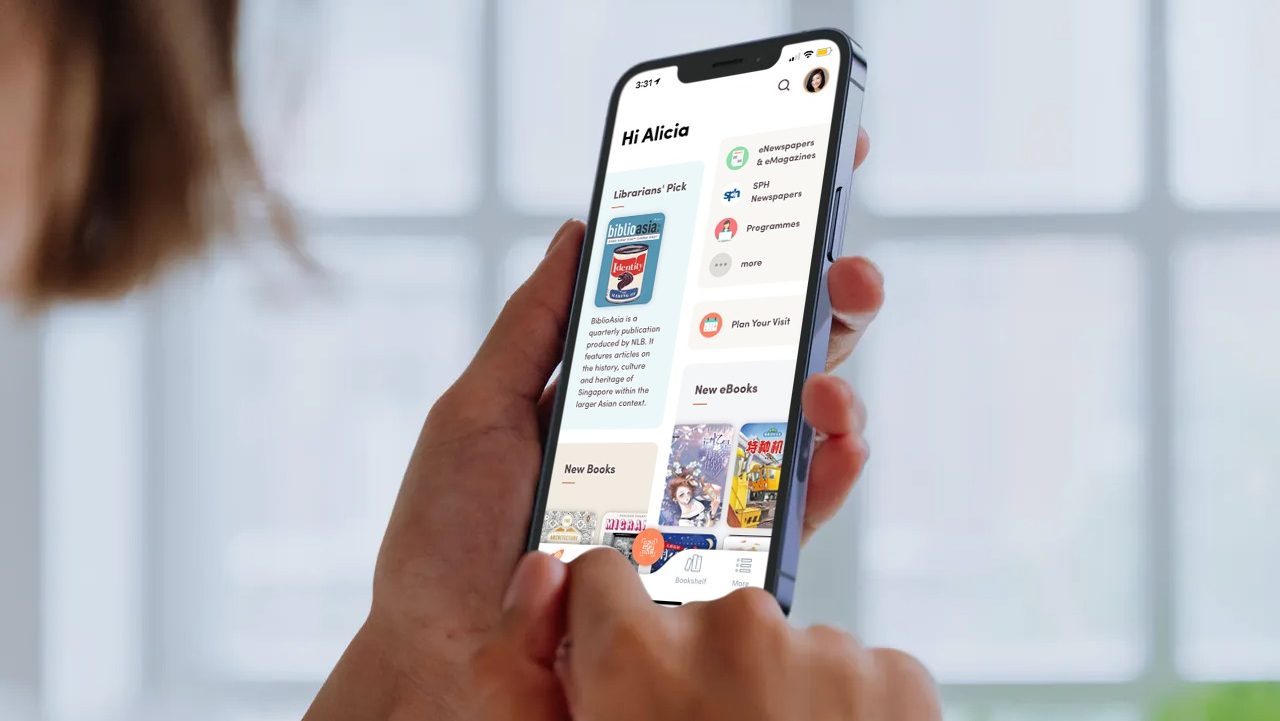SINGAPORE: The National Library Board (NLB) is poised to revolutionize the public’s interaction with literature by launching multiple artificial intelligence (AI) services. At the forefront of this initiative is ‘ChatBook,’ a versatile chatbot designed to empower the public with quick access to information about books through interactive conversations.
NLB revealed that ChatBook will leverage AI technology to generate responses based on user inputs, drawing information from NLB’s extensive repository of published books and online resources. The introduction of two versions—online and on WhatsApp—caters to different user preferences and needs.
The online version of ChatBook is tailored for in-depth research, catering to students, teachers, and individuals engaged in academic pursuits. It will provide comprehensive information, display source materials, and preview relevant books. On the other hand, the WhatsApp version is designed for simplicity, offering concise and easily understandable information suitable for the broader public.
As part of the initial testing phase, NLB announced plans to conduct user testing for the history book “Seven Hundred Years: A History of Singapore” through ChatBook before the end of the year. This initiative aims to gauge market demand and gather valuable user feedback.
To further elevate the reading experience, NLB is developing an AI image generation service named ‘StoryGen.’ This service allows users to generate images by entering keywords related to book characters, genres, and stories. Anticipated to launch in public libraries next year, StoryGen promises to add a visual dimension to the literary experience.
In a bid to present Singapore’s rich history in an engaging manner, NLB is also working on a real-time visualization system named ‘Glue.’ This system will curate diverse content, including photos and short articles shared by the public, to offer a dynamic portrayal of Singapore’s past and present.
Glue can be accessed online and projected in offline spaces such as libraries and museums. NLB plans to unveil a prototype of Glue in selected libraries in the first quarter of next year.
NLB also announced reopening the Central Public Library, which has been closed for renovations since last June, on 12 Jan next year. The authority reported that the number of readers served by local libraries reached 78 per cent as of August this year. This figure surpasses pre-pandemic levels, reflecting the enduring importance of libraries in fostering knowledge and literacy within the community.

